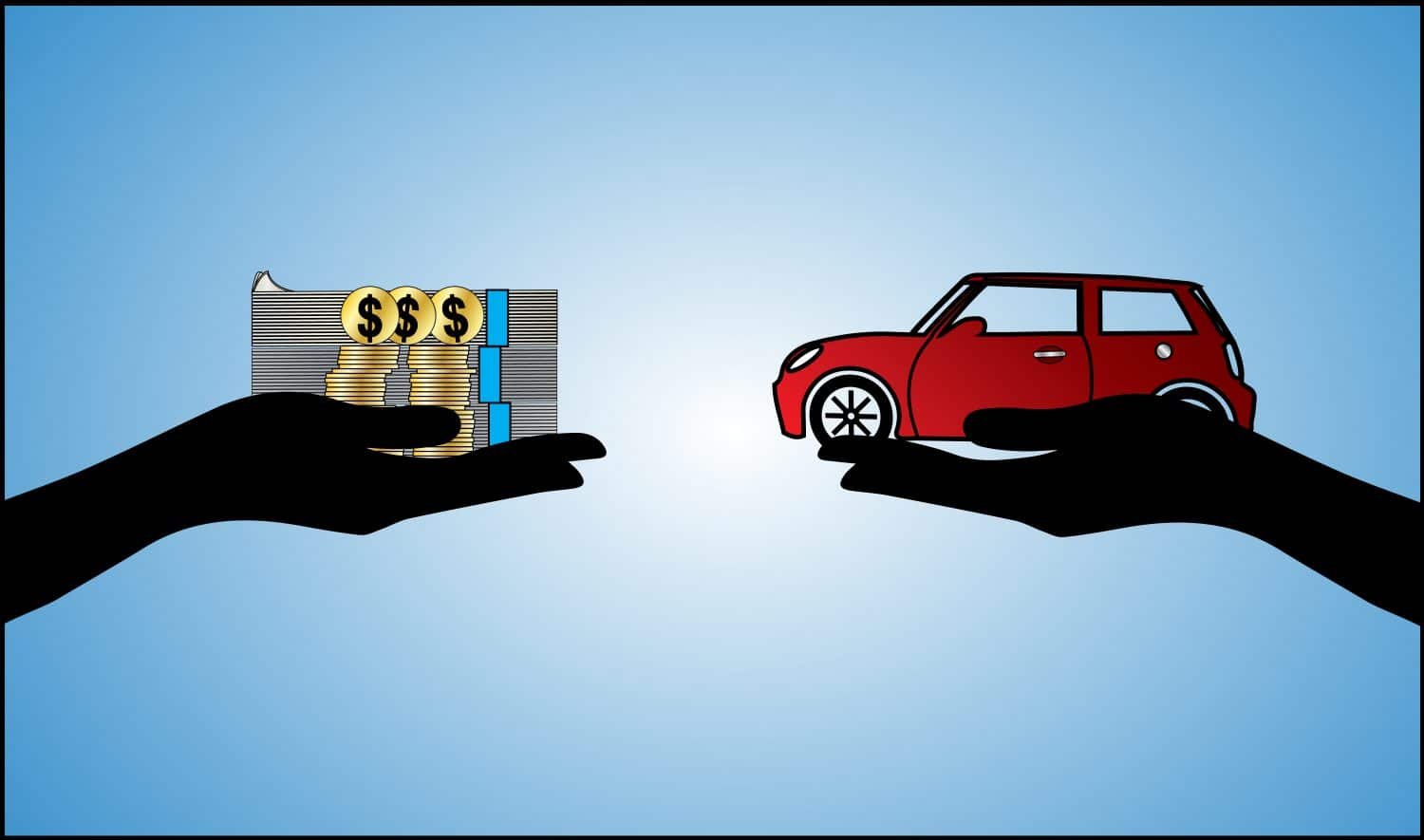Americans hate to haggle, or you can say we are not comfortable in it. Just the thought of negotiation makes the process of buying a used car very difficult.
Don’t worry!! This article will help you know the do’s and don’ts of negotiating for a used car making the process easy, comfortable and financially rewarding.
Here are the topics we will cover:
- How dealers make money
- Look for outside financing first
- Choose the mode of purchase (online/market)
- Talk price and not payment
- Let salesperson quote the price
- Quote the price and maintain silence
- Express your pain
- Counter with a smaller increment
- Leave/hang up
- Check multiple dealerships
- Ask for upgrade
How dealers make their money
Knowing how dealers make their money should be your first policy. There are three different ways with each customer.
- Making money on the front end. It is done by selling a car for more than what they paid to buy it.
- Making money on the back end. It is done by selling added things like financing, extended warranties and other dealer-related add-ons like rustproofing etc.
- By including the trade-in value. In this scenario, dealers make money on the difference between what they pay for your car and what they get when they sell it.
Though buyers are mostly focused on dealers money making approach at the front end, dealers make money at the back end or by including the trade-in value.
Check & Decode Any VIN Instantly
Get your VIN check and find hidden problems with any car! Comprehensive vehicle and accident history, service and repair information, specifications, theft status and more

hence, it is important to think about financing and trade-in value of your current car when calculating the final price.
Look for outside financing first
Car dealers make a good amount of money by selling the financing. For financing, if you are dependent on car dealers, it will complicate your negotiation.
That’s why it’s a necessity to get approval for a loan at a bank or credit union before you walk into a dealership and once you have negotiated a price for the vehicle, you can compare whether the dealership’s financing is any better than your own.
Choose the mode of purchase (online/market)
Based on your comfort level you can choose your mode of purchase like the online portal or local market.
Since the online market of the used cars is flourishing, you will find many reliable websites that provide authentic details for the purchase of an old car.
VehcileCheckUSA is one such trustworthy platform which will help you ina better purchase. You can get your detailed vehicle history report with VehicleCheckUSA on a single click which will help you to compare the vehicle options you have chosen. Also, you can check the blog post on various topics related to used cars. This can actually help you in picking up a better option.
Talk price and not payment
Don’t make the mistake talking about monthly payments instead of the vehicle price, because auto loans can be strung out over many years to manipulate the size of the monthly payment.
According to the research on US used car buyers, nearly a third of Americans take out six- or seven-year loans to buy new cars and when you do that you end up paying more for the car than it’s worth, as vehicles depreciate fast.
Let salesperson quote the price
Try to follow the rule “whoever speaks first loses”. As the opening number defines the entire negotiation and once you have quoted a figure, you can’t go any lower than that. That’s why always make the salesperson name the first price.
Quote the price and maintain silence
Once you have quoted an amount, try to stick to the figure and justify it with a reason. There might be a pause once you name a number but there is a high chance that they’ll fill the uncomfortable silence you’ve created with some concessions.
Check & Decode Any VIN Instantly
Get your VIN check and find hidden problems with any car! Comprehensive vehicle and accident history, service and repair information, specifications, theft status and more

Express your pain
Try to visible wince or grimace when the salesperson makes a counteroffer. Make him believe that the amount is painful to you. We all have an actor inside, this is the time to show that side.
Counter with a smaller increment
Show all your mental toughness to the sales staff, always make the increments of your counteroffer small than what they say. Like if they are coming down a thousand dollar, try going up maximum to 500$.
Leave/hang up
If you are negotiating in person or you are doing it on phone, try to end the conversation at some point. Many car dealers try to make you wait intentionally so that you invest your time and become more likely to buy.
In such a situation it is always better to leave the place or hang up the phone. Tell your salesperson politely about your estimate and the amount which he is quoting is not in your budget and that you’re going to check some other place. Trust me, you will surely get a call after this.
Check multiple dealerships
Try to shop more than one dealership, it will also help you in better comparison. Implement shopping tactics like a shop without naming a name. Make sure that the dealers know about each other. Try this out! It will surely help in bringing down the dealer from the set price quotes.
Ask for upgrades
Many times if you’re quite close to the price you want, but can’t get the exact figure you quoted, instead of trying to reduce the price, you can try to get more car. Ask for extras like extended warranties, foot mat, fancy stereo or better tires. Just make sure the upgrades are things you really do want.

Hopefully, this post helped you better understand negotiation tactics. Try implementing all the above-explained points for a better purchase and always believe in the power of knowledge.
So, whenever you are going for a used car purchase make sure you do your homework, it will help you negotiate effectively.
Every used car has a back-end story and some of them are nothing short of a nightmare. So, always look for the Vehicle History Report before purchasing a used car. It will help you know if a car has a clean history or hidden problems. We have data available for every used car sold post-1982.
